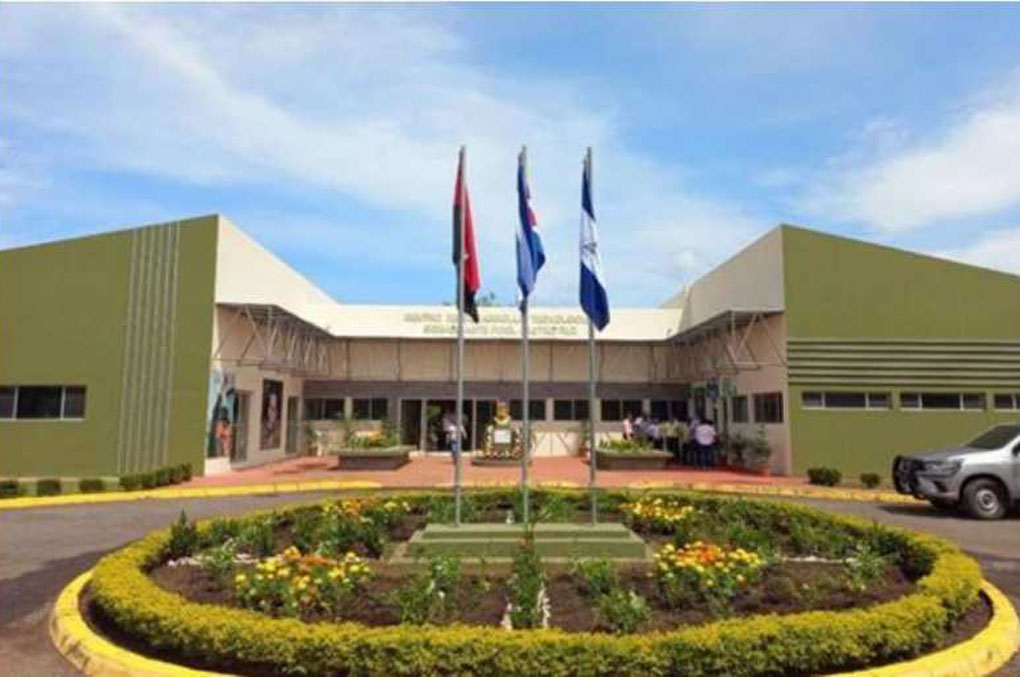
Havana, March 20th. - The Commander Fidel Castro Agricultural Technology Development Center in Nicaragua continues to preserve the legacy of the historic leader of the Cuban Revolution in the field of research, to ensure food sovereignty.
This was confirmed by the Cuban ambassador to the Central American nation, Iliana Fonseca, during a tour of the facility, which provides technical support to more than 5,000 producers in the western region of the country.
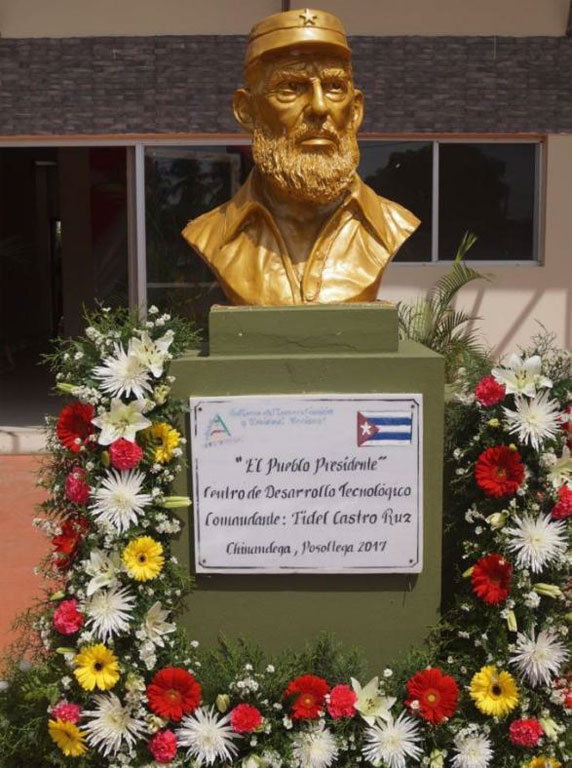
Inaugurated in 2017, the center is located in the Posoltega municipality in the department of Chinandega, more than 100 kilometers from Managua, and specializes in the study, processing, and transformation of different varieties of Moringa, a tree with high nutritional properties studied in depth by the Commander-in-Chief.
With nearly 50 employees, the research center also works on the adaptation of crops such as sesame, sorghum, soybeans, plantains, fruits, and other crops native to Nicaragua's dry corridor.
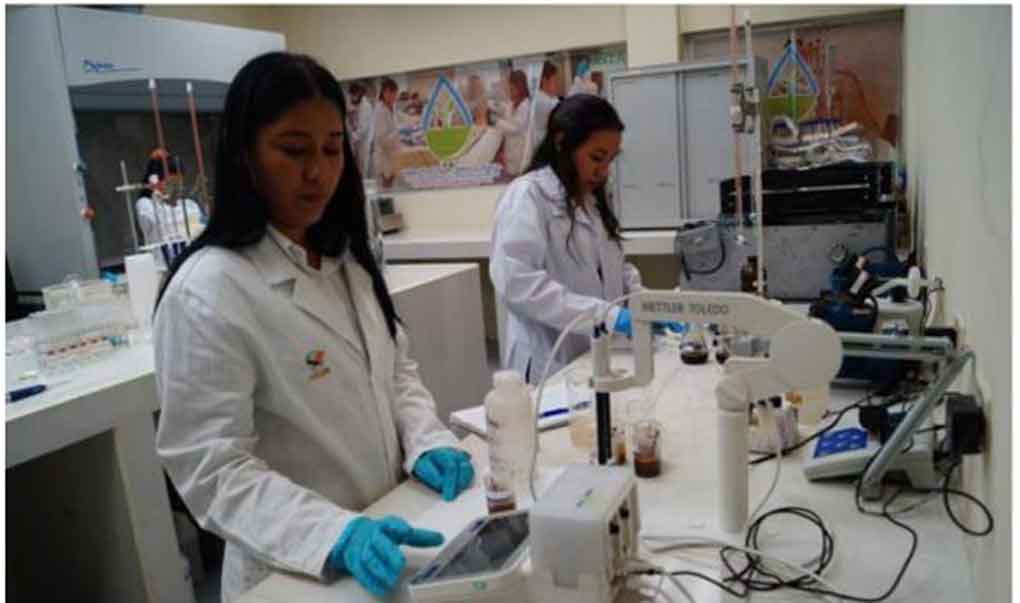
We believe this is an important way to continue establishing ties and strengthening and expanding our bilateral relations in the research field with similar centers in Cuba, the ambassador commented during a meeting at the facility with municipal authorities and officials from the Nicaraguan Institute of Agricultural Technology (INTA).
"It's a great honor that this center bears the Commander-in-Chief's name, to commemorate everything he did, even in his later years, to somehow promote the usefulness of moringa, its production, and the need to guarantee food sovereignty," the diplomat said.
He stated that Fidel Castro's thinking articulates perfectly with the purpose and rationale of what the technological development center does today.
Fonseca highlighted the historical relations between Cuba and Nicaragua, as well as the brotherhood, solidarity, affection, and respect that exist between the two countries, while emphasizing the importance of understanding and becoming more familiar with the thinking of the Commander-in-Chief in the current era.
He referred to the hostile policies of the United States government toward Venezuela, Nicaragua, and Cuba, as well as the impact of the economic, commercial, and financial blockade imposed by Washington on Havana, which seeks to suffocate the Caribbean nation.
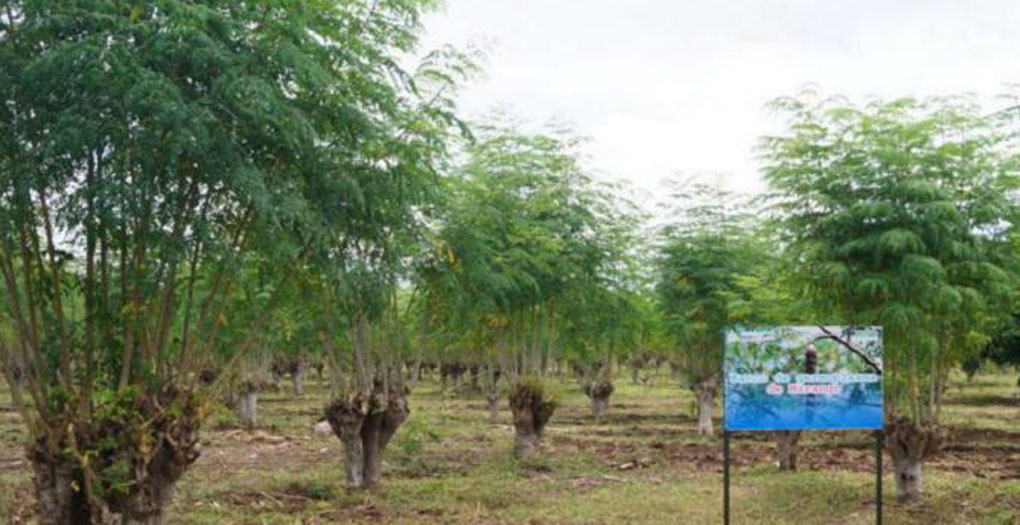
For their part, INTA authorities explained to the visitor the center's potential and its work with local producers, who have expanded their harvests thanks to the use of technologies developed here.
Fonseca, along with other members of the diplomatic mission, visited the specialized soil and water laboratory, where he learned about various research processes.
He also toured an exhibition of products developed by the institution, which is linked to the national program to combat poverty and human development.
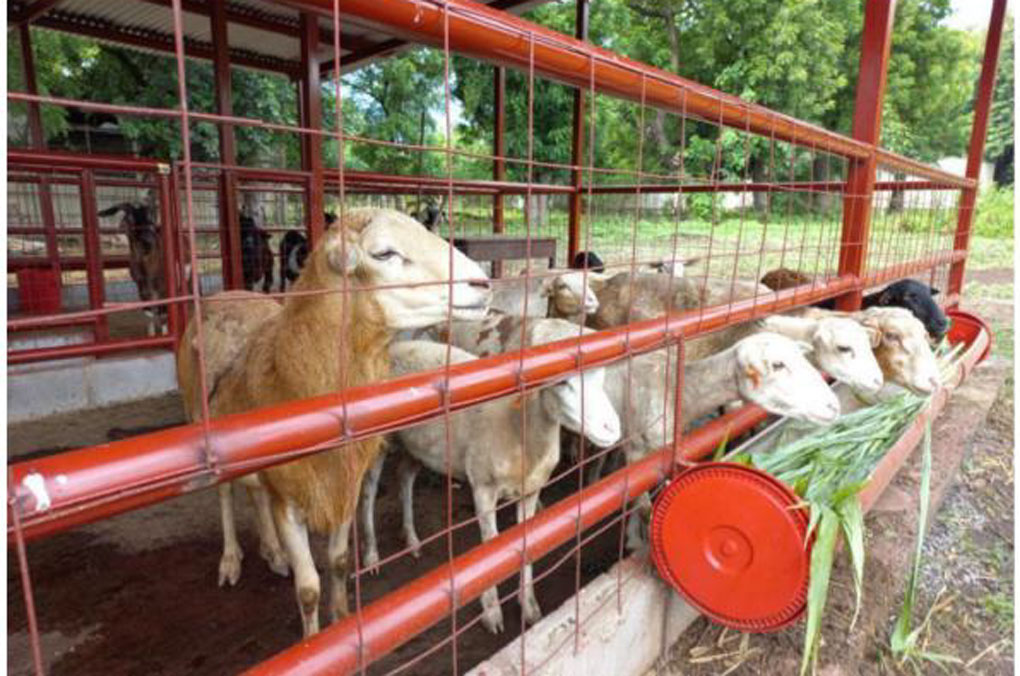
At the end of the tour, after enjoying a cultural moment with typical dances from the area, the ambassador, along with INTA co-director Miguel Obando, laid a wreath at the monument that perpetuates the memory of Fidel Castro at the center's main entrance.
On another tour, the Cuban diplomat and her entourage visited the Moringa leaf processing plant in the department of León, also named after the Cuban leader, where she learned about the processes for obtaining various products derived from the so-called miracle tree. (Text and photos: PL)